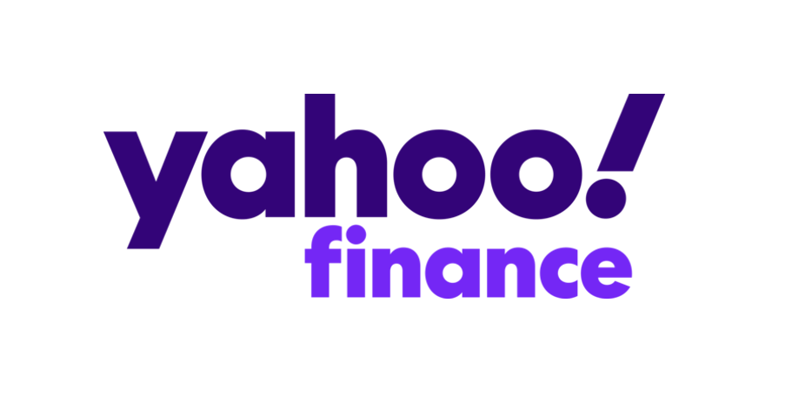The stock market has been a rollercoaster, and investors are feeling the whiplash. During this period of tariff uncertainty and fears of a global recession, investors are wondering where to put their capital to work. While public markets can react to every headline, late-stage private companies offer a different kind of opportunity—one that may be overlooked in the current climate.
The Case for Private Company Investments
Despite recent doom-and-gloom narratives, private markets have remained resilient. A large number of late-stage companies—those gearing up for an eventual IPO or acquisition—still exhibit strong revenue growth, maturing business models, and a path to profitability. But in today’s market, many are choosing to stay private longer, given the amount of private capital available to fuel their continued growth. Investors only investing in the public markets may be missing out on opportunities in private companies that are continuing to grow despite the market outlook.
Several once-high-flying startups have taken their medicine, leading to more realistic and potentially attractive entry points for investors. Unlike the frothy valuations of 2020-2021, the prices of many private companies reflect more disciplined expectations of today’s higher cost of capital. In fact, the average private company is trading at a 35% discount to its last round of primary funding.1 While private market valuations tend to lag those of the public markets, private sellers are already starting to accept the reality of the current market and adjust their pricing expectations accordingly. As we have seen in previous market cycles, this is where savvy investors like family offices are paying attention.
The Risks Are Real-But So Are the Opportunities
Of course, private company investing is not a guaranteed win and is not suitable for all investors. Liquidity remains a challenge—investors need patience and a willingness to hold through uncertain exit timelines.2 Additionally, while private companies valuations are fairly insulated from daily stock market swings, many of these companies are still influenced by broader economic forces, whose valuation trends tend to lag public market peers.
However, there’s an overlooked advantage: the ability to invest in fundamentally strong businesses before they reach the public markets without less volatility. By the time most investors gain access to these companies through an IPO, much of the upside has already been realized by earlier backers.
A Strategic Approach to Private Market Investing
For those considering late-stage private investments, here’s how to approach it wisely:
- Prioritize Fundamentals Over Hype: Look for companies with strong revenue growth, clear profitability paths, and defensible business models—not just hype. EquityZen provides deep insights to help investors with this analysis, both directly on our site and through our partnership with Yahoo Finance.
- Understand the Deal Structure: Late-stage investments come with different share classes, liquidation preferences, and dilution risks. Know what you’re buying into by reviewing the capitalization table.
- Diversify Thoughtfully: Just as in public markets, spreading risk across multiple private companies can help mitigate losses.
- Look for Secondary Market Discounts: Many employees and early investors are looking to sell shares on secondary platforms like EquityZen, often at a discount to last-round valuations.
- Time Your Investments Strategically: While the IPO market remains quiet, private company shares may remain available at attractive valuations—use this to your advantage.
Final Thoughts: Don't Overlook the Private Markets
The public markets will always be the headline act, but smart investors know that some of the best opportunities may lie beyond the stock ticker. Late-stage private companies, particularly in today’s market, can offer a compelling alternative. They aren’t without risk, but for those willing to do the homework, they may present one of the best ways to capture long-term upside in an otherwise turbulent investing environment.
There are inherent risks in preIPO investments, including the risk of loss of the entire investment, illiquidity, and fluctuations in value and returns. Investors must be able to afford the loss of their entire investment.
Footnotes:
1. EquityZen data, as of March 25, 2025.
2. Not all pre-IPO companies will go public or be acquired, and not all IPOs or acquisitions are or will become successful investments.








